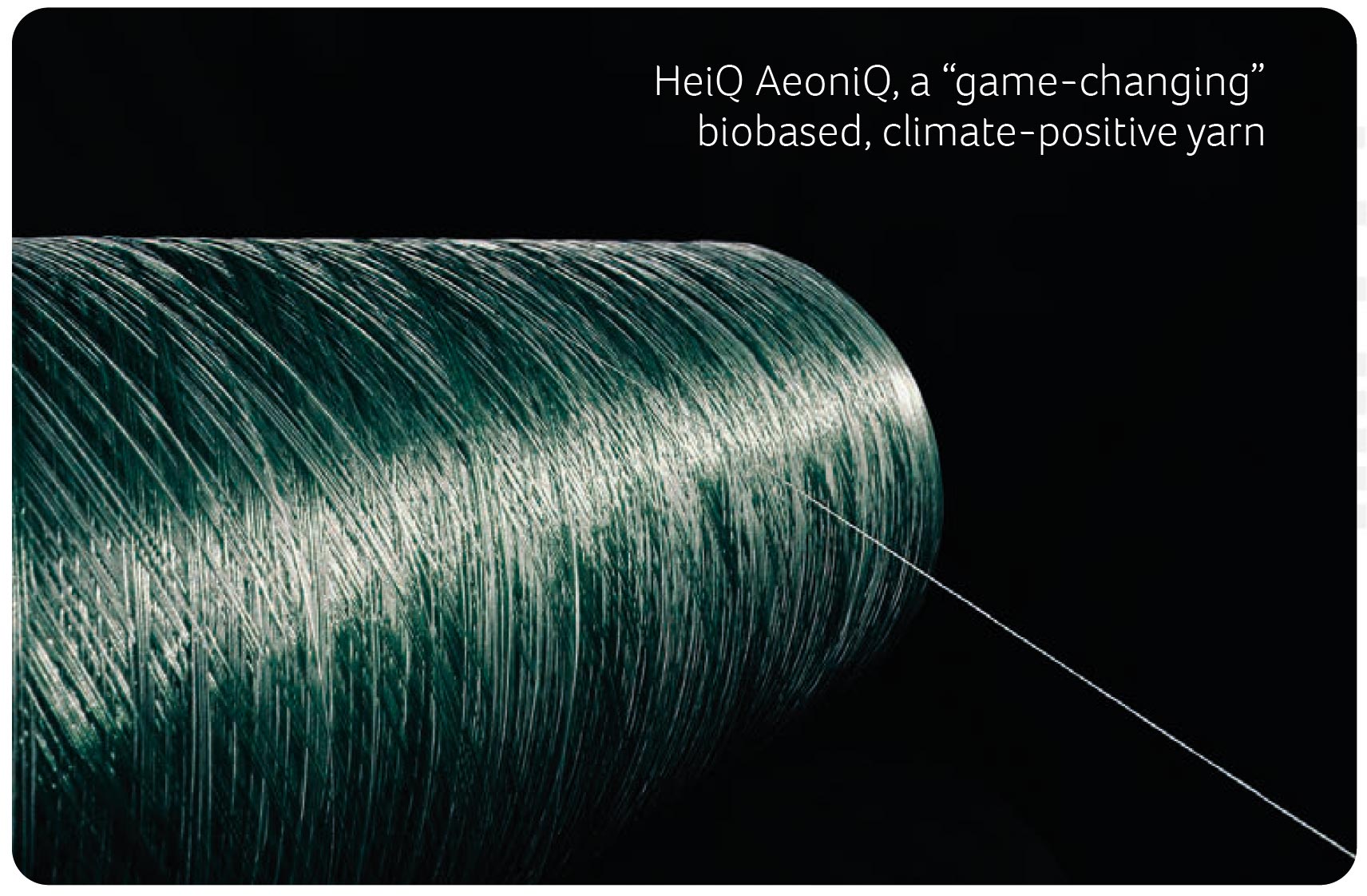- Get directions
- Leave a review
- Claim listing
- Bookmark
- Share
- Report
- prev
- next
- Tuesday, April 25, 2023 @ 7:00 am
Industrial biotechnologies developed and applied by Swiss companies have already demonstrated their potential to lower the environmental footprint of the industry by reducing greenhouse gas emissions and the consumption of limited biological resources. In the healthcare sector, biotechnology plays a crucial role in the manufacture of active ingredients and the development of innovative therapies and vaccines, delivering effective solutions for individual patients’ and global health needs.

Jan Lucht
scienceindustries | Head Biotechnology
Biotechnology is providing tools to increase the efficiency and sustainability of production processes across many industry sectors, thereby contributing to global sustainability goals. From the production of food and feed components, to flavors and fragrances, to fine chemicals, fuels, plastics, textiles and advanced materials, biotechnology and biomanufacturing are gaining in importance. In addition to providing desired products at competitive prices, they often offer the opportunity for more sustainable, environmentally friendly production processes. For example, fossil raw materials which cause high greenhouse gas emissions can be substituted by renewable biomass or recycled inputs, and limited biological resources can be replaced by more abundant materials or by alternative production approaches (see SATW article, p26). Through the development of novel processes and ingredients, Swiss companies will make a major contribution to the global reduction in the environmental footprint of manufacturing.
A biobased, climate-positive alternative to polyester
Global production of textile fibers currently exceeds 110 million tons per year and is growing rapidly. About two thirds of the production is synthetics, mostly polyester. As the production capacity of natural fibers is limited, the share of synthetic fibers is predicted to increase further. With its huge consumption of fossil raw materials, the textile industry contributes more than 10% to global carbon dioxide emissions. In addition, the very slow biodegradation of polyester fibers poses environmental problems.
Swiss innovation and manufacturing company HeiQ, founded in 2005 as a Swiss Federal Institute of Technology Zurich (ETH) spin-off, set out to improve the sustainability of the textiles industry, and developed a biobased fiber as an alternative to polyester and nylon. In 2021, the company presented AeoniQ™, a versatile cellulose filament yarn that delivers performance, function, and comfort. It is manufactured by a proprietary, environmentally friendly process from different cellulosic raw materials such recycled textiles, organic waste, and algae. Especially promising for large-scale production is bacterial cellulose as input. This can be produced by a microbial biotech conversion process from several non-valorised agricultural and food waste streams that are available in large quantities at low cost.
Currently, HeiQ is expanding production capacities for AeoniQ™ in close collaboration with major brands, with a mission to decrease the environmental footprint of the textiles industry. Replacing fossil-based polyester with the biobased cellulose product has a strong climate-positive effect. In addition, the new fiber is easily recyclable and biodegradable.
Biotech fragrance production protects natural resources
Fragrance compounds have traditionally been prepared from natural resources, such as flowers or ambergris. These are often of limited availability and therefore precious. More recently, chemical synthesis has opened alternative routes to fragrance compounds, but it often relies on fossil raw materials. In a push to increase the reliability of the supply and the sustainability of production, manufacturers are also turning to industrial biotechnology.
In 2019, Switzerland-based Givaudan, the largest global player in the flavor and fragrance sector, presented a breakthrough biotechnology approach for synthesising Ambrofix, the most widely used biodegradable fragrance ingredient. This is just one of several Givaudan products, in which industrial biotechnology combines economical production with sustainability, enabling conservation of valuable natural resources, an efficient carbon utilization, and upcycling of by-products.
With its characteristic and memorable ambery and woody smell, Ambrofix is ubiquitous in products ranging from household and personal care items to fine fragrances. Previously the compound was produced by a semisynthetic approach starting from clary sage, a botanical resource with limited availability. The new biotech process uses sustainably sourced sugar cane as the raw material and requires a hundred times less land to produce one kilogram of the sought-after ingredient compared to the traditional production method. This process is recognized as the most sustainable and carbon efficient on the market.
Omega-3-fatty acids from algae conserve marine life
Fish, with its high content of omega-3 fatty acids, is an important component of a healthy and balanced diet. Because the sustainable supply of wild-caught fish from the oceans is limited, aquaculture plays an ever-increasing role, and currently provides more than 50 percent of all harvested fish. But cultured fish also need omega-3 fatty acids to thrive and produce nutritious flesh rich in fatty acids essential for our health. As a component of fish feed, these currently are mostly provided by fish oil from wild caught fish. More aquaculture therefore leads to a growing need for fish as feed component. The high global demand outstrips supplies and contributes to the further depletion of our oceans.
To address these challenges, DSM and Evonik in 2018 established the joint venture, Veramaris. Using industrial biotechnology and large-scale fermentation of agricultural biomass with a strain of Pacific microalgae, the company produces an omega-3-fatty acid rich algal oil that can completely substitute fish oil as a feed component for aquaculture.
One ton of algal oil produced by Veramaris replaces 60 tons of wild caught fish. This product of industrial biotechnology addresses the shortage of omega-3-fatty acids for aquaculture feed, facilitates the production of more nutritious and healthy food for human consumption, and at the same time conserves marine life and biodiversity by reducing the demand for wild caught fish as aquaculture feed.
Framework conditions are key
In Switzerland, incentives for biomanufacturing are less well developed than in many other industrialized countries. For example, Switzerland does not yet have a dedicated bioeconomy strategy, and public and political awareness of industrial biotechnology and its potential is still limited. However, with its excellent research institutions, the close and well-established collaboration between academia and industry, and a good national and international networking between the players, Switzerland offers some key requirements for a thriving industrial biotechnology ecosystem both within and outside the pharma sector. Increased political support for innovative technologies and biomanufacturing could further contribute to the sustainability of the industry – in Switzerland as well as globally.

